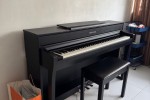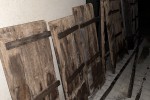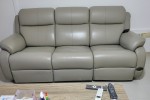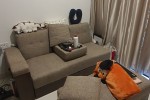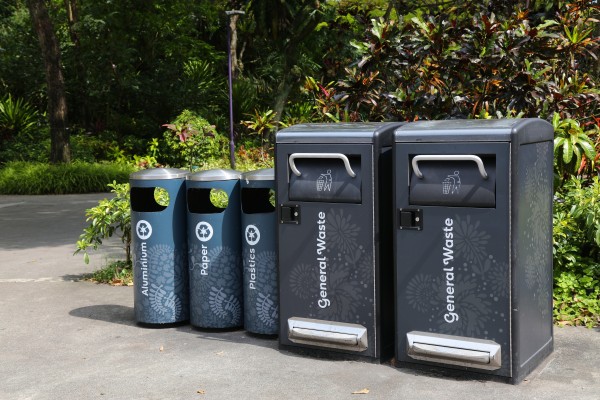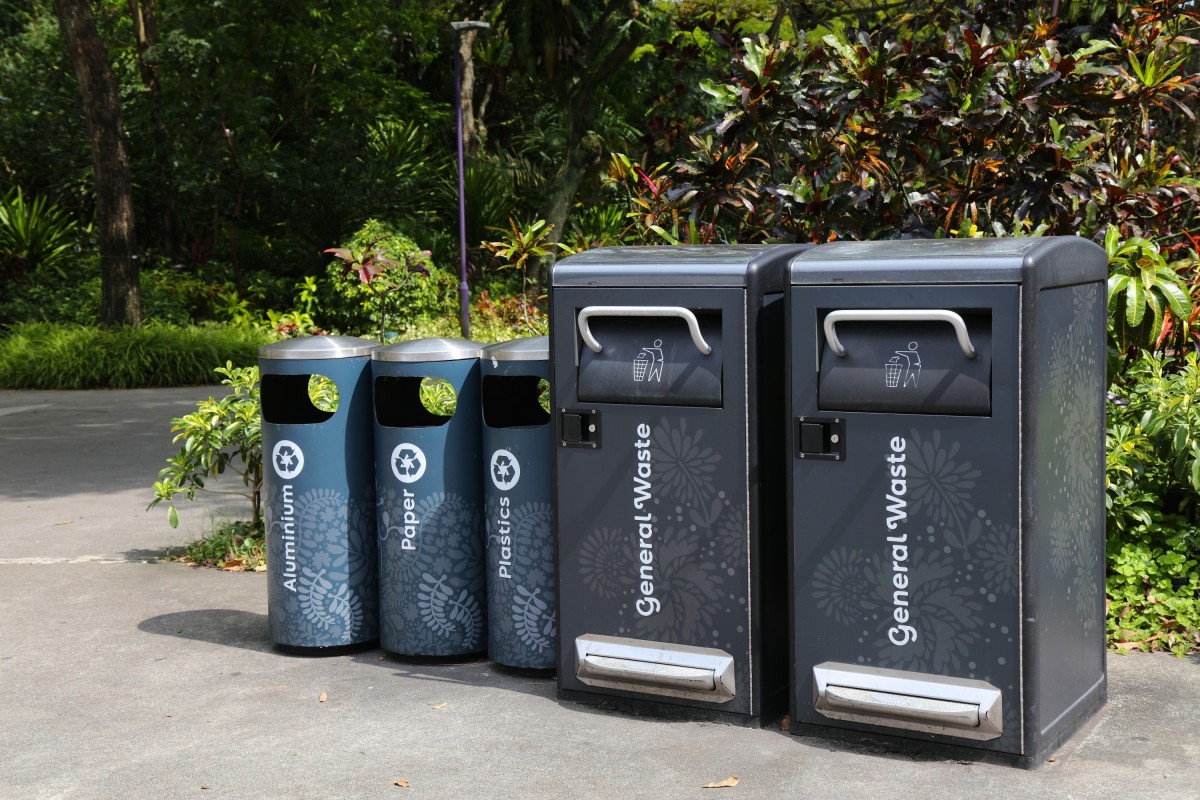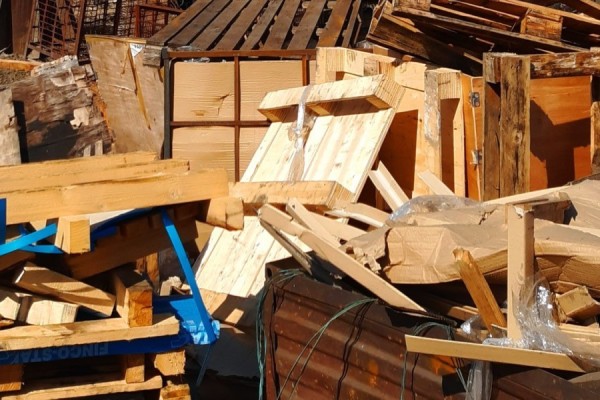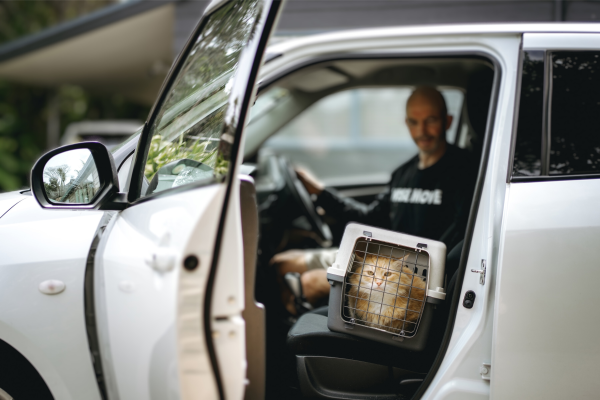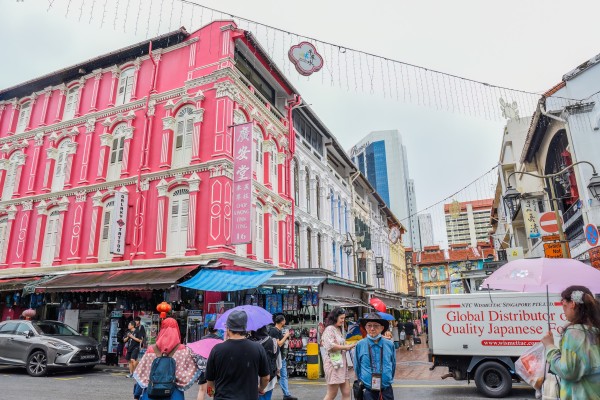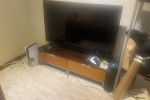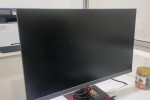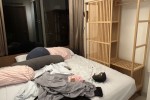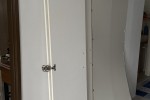How to Deal With Common Household Pests in Singapore

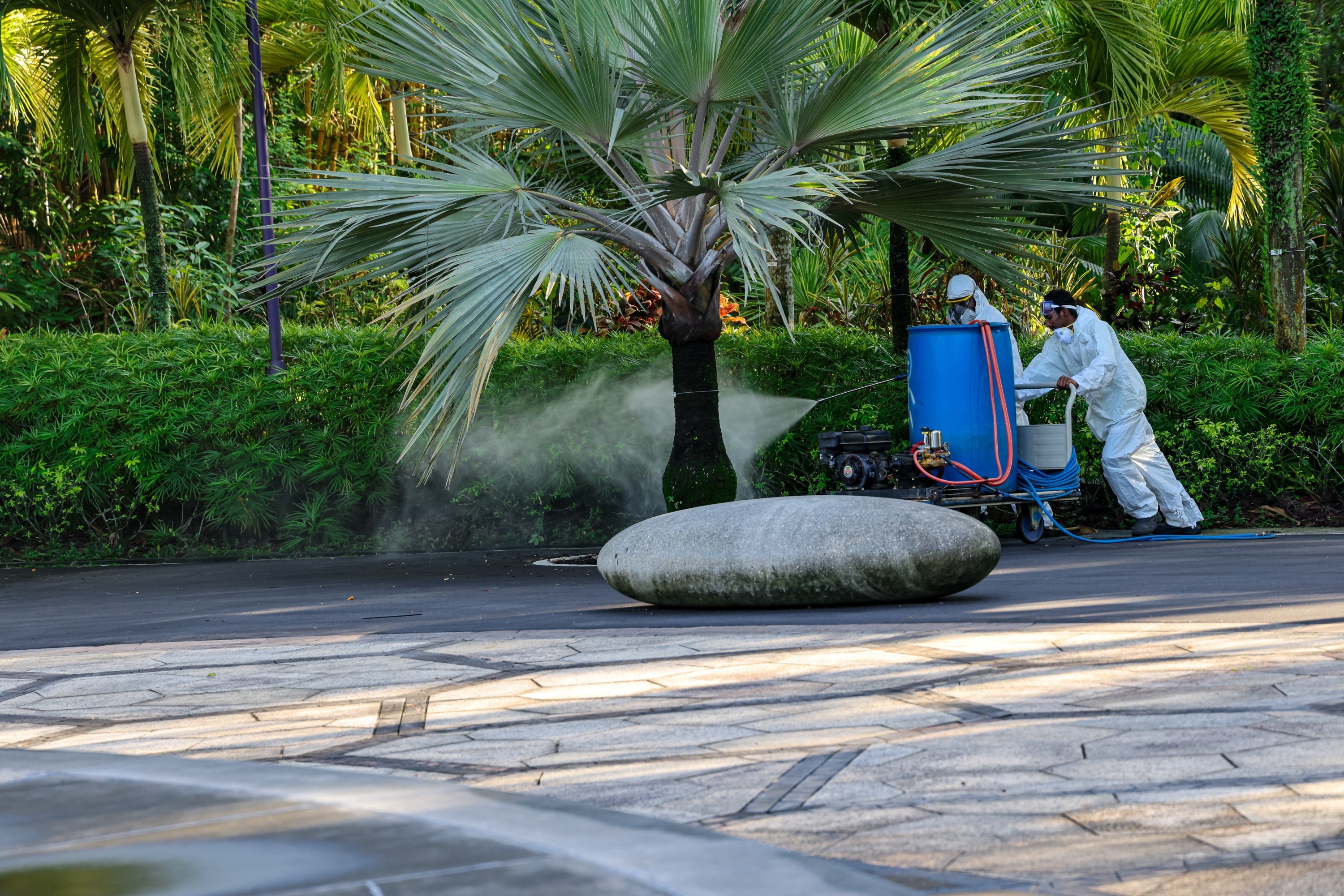
Pests are, unfortunately, one of the things in life you cannot seem to shake off, no matter where in the world you move to.
And like any other country in the world, Singapore definitely has its fair share (and more) of household pests.
Ants, termites, cockroaches, lizards, mosquitoes, rats, bedbugs, even bats–these critters love the warmth and humidity of Singapore’s tropical climate, maybe even more than we do.
Don’t despair though, generations of Singapore residents have learnt to minimise their interactions with these unwanted guests in their homes even though they seem so rampant and stubborn–and you definitely can too!
We tell you how to identify some of the most common pests that attempt to share your home with you, what you can do to get rid of them (hopefully for good), and prevent them from coming back again.
Ready? Let’s get zapping.
Introduction to common household pests in Singapore
Pests can come in different forms. Mammals, reptiles, insects—you name them, they got them.
As for what can be considered a pest ; the simple answer is that a pest is any organism that is a nuisance to humans, or causes harm to their livelihoods. Either by destroying homes, crops, or livestock, or by spreading germs and diseases.
Pests can be found everywhere in the world.
However, just as we humans enjoy the year-round sunny, warm temperatures of tropical Singapore, it happens to be a fact that many pests love these conditions too.
Unfortunately for us, many pests like mosquitos and flies tend to thrive in warmth and humidity —reproducing at a much faster rate and remaining active all throughout the year.
For some other pests like rats and lizards, the heat and humidity forces them to take shelter in the comfort of our homes, ending up as uninvited and unwanted guests.
Let’s start getting rid of them!
Your guide to identifying the 5 most common pests and dealing with them effectively
Mosquitoes
What are they: These blood-sucking flying insects are extremely common in Singapore, no thanks to our heat and humidity.
Out of the 180 known species of mosquitoes in Singapore today, the following three are of particular concern because of how commonly they are found and the diseases they can spread: the distinctive Aedes mosquito with its white-striped legs, the golden brown Culex mosquito, and the light brown Anopheles mosquito
Where they live: Mosquitoes breed anywhere with stagnant, standing water, including clogged drains, uncovered containers, piles of trash, flower pots, pet bowls, and even bamboo pole holders. Adult mosquitoes live in tall grass and shrubs.
Why they are harmful: Mosquitoes are known to spread dangerous vector-borne diseases like malaria, dengue, zika, Japanese encephalitis, and chikungunya through their bites. And if you don’t get a disease, the bites can also be extremely itchy, with some people being highly allergic to certain species of mosquitoes–resulting in swelling, infection, and joint pains.
How you can detect their presence: Mosquitoes are quite small and may be difficult to detect, especially because they fly very speedily and their bites don’t swell up till much later. Nonetheless, bites are a sure sign that you have mosquitoes buzzing around at home, feeding on your blood.
How you can get rid of them: It’s very difficult to eradicate mosquitoes completely from our environment, so prevention is paramount. Burn mosquito coils in your home, apply repellent on your exposed skin, wear more light-coloured clothing, keep air circulating in your home with a fan, and use a mosquito net on windows or over your bed at night.
All public and some private housing estates also engage pest companies to do regular thermal fogging when mosquito numbers seem to be rising, where insecticides are sprayed over the entire area in a fine mist with a fogger machine. This kills all adult mosquitoes and their larvae.
Cockroaches
What are they: Crowned with the dubious honour of being one of the oldest insects in the world, cockroaches are extremely hardy and resilient creatures. Quite instantaneously recognisable with their long feelers and flat, oval bodies, cockroaches often elicit feelings of disgust and fear.
The three most common household pest cockroaches in Singapore are the American Cockroach, the Gold Banded Cockroach, and the German Cockroach.
Where they live: Cockroaches love warm, humid and dark hiding places, such as drains, sewers, garbage bins, under the sink, and along pipes.
Why they are harmful: Other than looking extremely gross, cockroaches are an unwelcome sign of unsanitary conditions and spread diseases like cholera and a range of food-borne diseases like salmonella, staphylococcus, and streptococcus. Some people are also allergic to cockroaches’ excrement, eggs, and shedded body parts; or even have their asthma triggered.
How you can detect their presence: Cockroach droppings, cockroach eggs, a pungent musty smell, and cockroach sightings in the day.
How you can get rid of them: Smashing or spraying insecticide on that cockroach that scuttles across your toilet in the middle of the night would be the easiest way to get rid of lone cockroaches, but infestations are tricky to deal with.
For one thing, spotting a cockroach in broad daylight is a telltale sign of an infestation in your home, because cockroaches are nocturnal creatures. Finding egg cases or droppings around your home is another sign of an infestation.
Inspect all entry points or possible hiding places in your home, keep all food sealed tightly away, and do a thorough spring cleaning to search out where the cockroaches are hiding out. Finding hatched eggs and droppings are a sign that you’re near a nest.
When you’ve found and eliminated the cockroaches, you can place fresh pandan leaves in those places to keep the cockroaches far away, because cockroaches don’t like the fragrance.
Lizards
What are they: Small house geckos of all sizes are commonly spotted in Singapore homes. While they are generally harmless, they can harbour bacteria that may be transmitted through their urine and droppings. People are also generally afraid of lizards.
Where they live: In dark crevices of your furniture at home.
Why are they harmful: They carry bacteria that can cause salmonella, germs, and even parasites, which can spread if their droppings fall into your food. Their droppings may also stain your walls and furniture.
How you can detect their presence: Heard a high-pitched chirping noise at home and wonder what it is? That would be the literal calling card of a house gecko. Droppings left indiscriminately on your walls, on surfaces, or within appliances are also a sign of lizards making themselves at home in your house.
How you can get rid of them: Other than setting traps and killing them on sight, you can also use natural spices like onion, garlic, pepper, and coffee; essential oils like citronella; and other natural materials like eggshells to deter them from getting too comfortable in your home.
Ants
What are they: These social insects that live in colonies are in virtually every single home in Singapore. There are thousands of species of ants but they all have one thing in common: they’re very organised with distinct roles of the ants in their colonies, and they thrive in warm, tropical climates.
The most common ants in Singapore are the sugar-loving Crazy Ant and Sugar or Ghost Ant, the oily-food loving Pharaoh Ant, and the venomous Fire Ant.
Where they live: Ants live in dirt nests that they like to build in crevices and cracks, in electrical and utility boxes, under dead wood piles, behind furniture, under kitchen sinks, and along window ledges. And even if your home does not house a nest, ants can and will march into your home in search of food.
Why they are harmful: While ants are unlike the previous pests in that they do not usually spread disease, ants are pests because they are a huge nuisance. They contaminate food, destroy furniture and appliances when they build their nests, and in some instances, have painful and stinging bites that hurt badly.
How you can detect their presence: While they are tiny, a line of ants is definitely noticeable and a sure sign of more to come. Look out for ant pathways in and out of your home–many ants like to leave hormone trails for other members of their colony to lead them to food or water. And if you spot an ant nest (which can look like a small pile of sand or dirt) with ants scuttling in and out, you know you have an infestation on hand.
How you can get rid of them: Ants are notoriously tricky to eliminate for good, especially if you have not been able to locate the nest. In fact, spraying insecticide into a nest of Pharaoh Ants merely ends up scattering the colony, forcing them to relocate to several new locations.
Keeping a very clean and tidy house is the best way to get rid of ants, because they will no longer be able to pick up food scraps from your floors or table tops. Using hot soapy water on lines of ants also works well to break up the hormone scent of the trail, which may help to prevent other ants from finding their way back into your house.
Other home remedies like lemon juice, vinegar, peppermint oil, and pepper may help to repel ants, because ants dislike these scents.
Termites
What are they: These tiny ant-like insects are a terror to home-owners, because of the damage they can wreak on homes. Commonly known as “white ants” because of their pale-coloured bodies, termites are social insects which live in organised colonies.
Out of the over 2000 species of termites in the whole world, three types are most common in Singapore and do the most damage to homes here: Subterranean Termites, Drywood Termites, and Dampwood Termites.
Where they live: Their names are great indicators of their preferred nest sites. Subterranean Termites live underground in warm, moist conditions. Drywood Termites form their colonies inside of wooden structures like door frames, structural timber, or furniture. Dampwood Termites live in damp and decaying wood.
Why they are harmful: They eat wood and they eat wood really quickly, resulting in lots of damage–from the structure of your home, to the furniture and frames in your home.
How you can detect their presence: Seeing a pile of wood pellets (the faecal matter of termites) at the base of your wooden furniture is any home-owner’s worst nightmare, because it’s a sign of termites. Blistered wood and wood that sounds hollow is another sign of Drywood Termites living within the wooden structures. If your wood feels soft and squishy, there’s a good chance you’ve got Dampwood Termites living in it. Subterranean termites leave tell-tale mud tunnels out from their nest, along walls and crevices of your home.
How you can get rid of them: The best way to get rid of termites is to call a pest control company. Termites can cause expensive and extensive damage, so you’ll want to get the experts in to assess how bad the infestation is, deliver the termite-killing chemicals directly into the nests and wooden structures affected, and check back on the progress.
Some professionals will give you the go-ahead to use some home deterrents to prevent termites from recurring, after the initial treatment is done. Spraying neem oil, vinegar, orange oil, or soap into the holes made by the professionals for the treatment can be a great way to keep nests from re-forming.
Should I use home remedies or engage professional pest control?
With Singapore’s high heat and humidity, pests love it here and will happily thrive if left undisturbed. Our take on this is to contact pest control if you suspect an infestation, so that the professionals can determine how serious the problem is and start on getting rid of the pests as quickly as possible.
DIY treatments such as essential oil and spice sprays are a nice complement to keep the pests from returning, after the professional pest control people have done their job. The very best way to keep pests from making their homes in your own house is to keep your home as clean as you possibly can, eliminating food sources and hiding places for them.
Who can I contact if I have a pest problem in Singapore?
There are many pest control companies that can help you eliminate pests from your home–just Google it and you’ll see dozens of companies pop up in your search. Personal recommendations from friends and family are the best way to ascertain reliability and effectiveness; Google reviews are the next best way to gauge this if you don’t have any friends who can personally recommend any. Check out this list for a round-up of some pest control companies in Singapore and their specialities.
If you happen to be living in a public housing aka a HDB estate, you can report pest problems to the town council on the OneService mobile app or via the OneService chatbot for immediate AI-assisted service.
What other pests could I encounter in Singapore?
Other household pests you may encounter in your Singapore home are rats, bed bugs, flies, spiders, silverfish, and moths. These pests can also cause disturbances and make your life unpleasant, by destroying your possessions, contaminating your food, and may even bite you painfully.
If you’re unsure about what pest you’re facing in your home, you can always contact a pest control company for their professional opinion. But our own life hack? Use Google lens to do a quick initial identification so you know what you’re dealing with!
What do our customers say?

